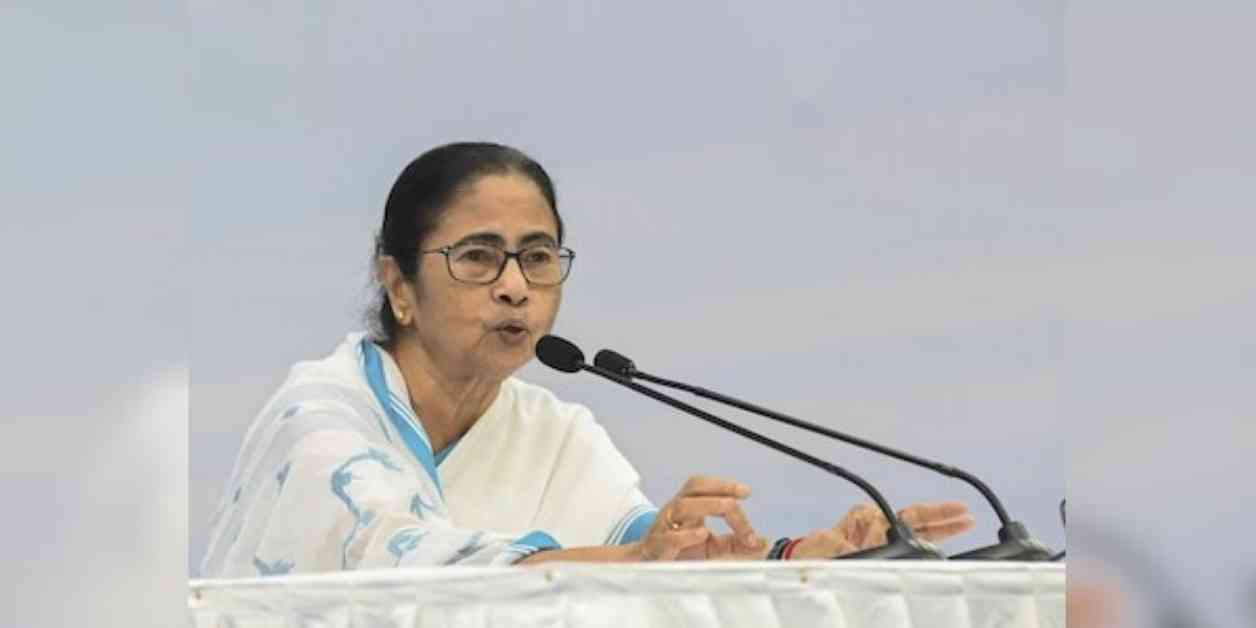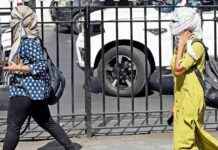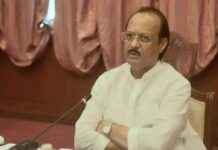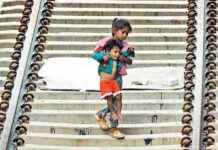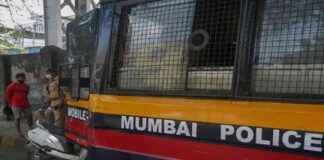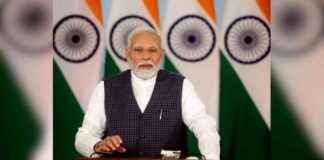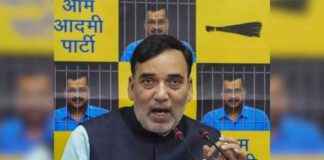West Bengal Chief Minister Mamata Banerjee has extended an olive branch to the agitating junior doctors in the state, urging them to come to the table to resolve the ongoing impasse over the RG Kar hospital issue. In a bid to facilitate dialogue, Mamata invited a small delegation of up to 10 persons to meet with government representatives at the state secretariat.
The invitation came in the form of an email sent by the state’s Health Secretary N S Nigam to the protesting medics. The message conveyed the Chief Minister’s willingness to engage in discussions to find a resolution to the current standoff. Additionally, West Bengal Finance Minister Chandrima Bhattacharya confirmed that Mamata was eagerly awaiting the arrival of the junior doctors’ delegation for the scheduled meeting.
Despite the government’s efforts to initiate talks, one of the agitating junior doctors expressed dissatisfaction with the communication from the state health secretary. The doctor viewed the email as an insult, highlighting the fact that they have been demanding Nigam’s resignation in connection with the RG Kar hospital issue. The medic emphasized that they received the email from the individual whose resignation they were seeking, which they perceived as a disrespectful gesture.
Furthermore, the junior doctor found it humiliating that the state government had imposed a restriction on the number of representatives allowed to attend the meeting. The limitation to only 10 individuals was seen as a hindrance to their collective voice and demands. As a result, the doctor asserted that their protests and the ongoing “cease work” action would continue until their grievances were addressed satisfactorily.
The backdrop to the current agitation by junior doctors in West Bengal stems from the tragic incident involving a young doctor at RG Kar Medical College and Hospital in Kolkata. The doctor was allegedly raped and murdered, prompting widespread outrage and calls for justice within the medical community. In response to the heinous crime, junior doctors across the state have been staging protests and boycotting work at state-run hospitals to demand accountability and ensure the safety of healthcare professionals.
Despite the government’s attempts to engage with the agitating doctors, the situation remains tense and unresolved. The standoff reflects deeper issues within the healthcare system, including concerns about safety, security, and the overall working conditions for medical professionals in West Bengal. As the impasse continues, it is crucial for all stakeholders to come together in a spirit of cooperation and dialogue to address the underlying issues and find a sustainable solution that upholds the rights and well-being of healthcare workers.
Challenges Faced by Junior Doctors
The plight of junior doctors in West Bengal highlights the challenges and risks they face in carrying out their duties. The recent incident at RG Kar hospital has underscored the vulnerability of medical professionals, particularly in the context of safety and security concerns. The tragic fate of the young doctor who was assaulted and killed while on duty has sent shockwaves through the medical community, sparking a wave of protests and calls for justice.
Junior doctors, who often work long hours in high-stress environments, are essential frontline healthcare providers. However, they are also exposed to various risks, including verbal and physical abuse, inadequate infrastructure, and limited resources. The lack of adequate security measures at hospitals further exacerbates the vulnerability of medical staff, leaving them susceptible to attacks and harassment.
In the wake of the RG Kar incident, junior doctors have raised their voices against the prevailing conditions that compromise their safety and well-being. The demand for justice for their fallen colleague has galvanized the medical fraternity, leading to widespread protests and a united front against the injustices faced by healthcare workers. The collective action taken by junior doctors reflects their determination to bring about meaningful change and ensure a safer working environment for all medical professionals.
Government Response and Dialogue
The response of the West Bengal government to the agitation by junior doctors has been a mix of outreach and engagement. The invitation extended by Chief Minister Mamata Banerjee for a meeting with a small delegation of junior doctors demonstrates a willingness to address their concerns and find a way forward. By offering a platform for dialogue, the government is signaling its commitment to resolving the impasse and restoring normalcy in the healthcare sector.
However, the communication from the state health secretary and the subsequent reactions from the protesting junior doctors reveal underlying tensions and mistrust between the two parties. The perceived insult in the email invitation and the limitations placed on the number of representatives allowed to participate in the meeting reflect the deep-seated grievances and frustrations of the medical community. As a result, the path to reconciliation and consensus remains challenging, requiring a concerted effort from both sides to bridge the divide and build trust.
Moving forward, it is essential for the government and the agitating doctors to engage in constructive dialogue and find common ground to address the issues at hand. By listening to the concerns of healthcare workers, identifying key areas of improvement, and working together to implement effective solutions, both parties can pave the way for a more secure and supportive environment for medical professionals. The need for collaboration, empathy, and mutual respect is paramount in resolving the current impasse and ensuring a sustainable future for healthcare in West Bengal.
